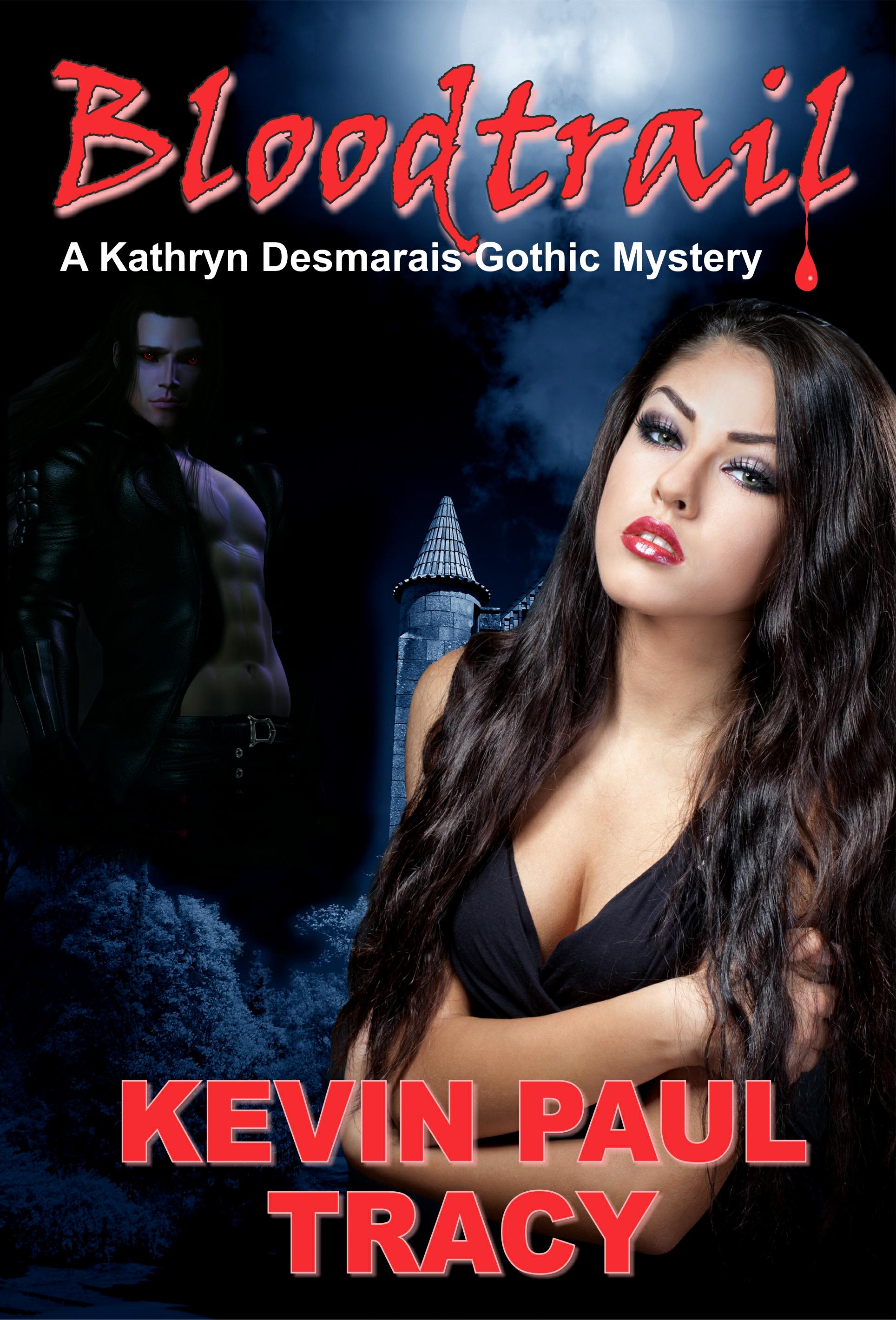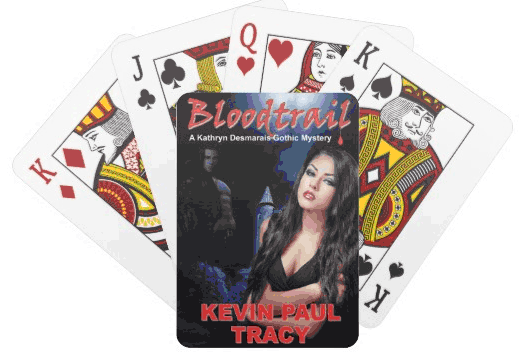With two weeks to go until the October 1, 2013 release of my next highly anticipated novel, "
Rogue Agenda" I thought I'd give everyone a preview. So here, for your enjoyment, is chapter 1 of "
Rogue Agenda":
CHAPTER 1
Lainie Parker rolled her eyes as her phone rang. She turned the TV off with the remote and picked up the receiver. Only one kind of call would be coming in at 2 AM.
“Hello, Kim.”
“Hi, Lainie. You’re next up on the roster.”
“Cool,” Lainie said. “Thanks.”
She hung up. Making herself comfortable on the recliner, she picked up the small laptop computer from the end table next to the phone and balanced it on her knees. Opening her browser, she entered the URL for the website of Capri Entertainment, Inc. and entered the staff area. Answering with her ID and password, she was rewarded with her call screen. The man’s name lurked at the top.
When a customer called he got a Screener, like Kim, who took down his credit card information and telephone number. All Lainie could see was his first name and telephone number, so she could call him back through the web site, and any notes about his preferences or prior calls.
Putting on her headset and adjusting the microphone so that it hung suspended on its armature in front of her lips, she pressed the call button. She wasn’t entirely sure how the call went through over the Internet, something Orin the technician called VOIP, but he promised her that there was no way anyone could trace the call back to her. She was safe from psychos.
“Hello,” came the man’s voice over the line. The screen said his name was Michael and he was thirty years old...just four years older than Lainie.
“Hi, Michael,” Lainie said in her sultriest voice. “This is Samantha.”
“Hi, Samantha.” He sounded sort of nervous and uncertain, like a newby, not all familiar and creepy like a regular.
As the call timer churned away at the top of the screen, steadily chewing chunks out of his credit card, Lainie sighed, long and sensuously. “I’m, bored, Michael. What are you doing tonight? Would you like to entertain me?”
Her job, according to Mitch, her boss, was to keep that timer rolling as long as possible.
“I...um...could you just...start...y’know?”
It was a delicate balance.
“Of course, sweetie,” she said.
Draw out the titillation too far and the caller got frustrated and was likely to hang up, but let things get too hot too fast and he was liable to finish early, same result. Newbies popped quickly, just like in real life, but if you can somehow hook them enough to call back, it usually took progressively longer the next few times.
Lainie turned the TV back on, muted, and activated the closed captioning. Notorious, starring Cary Grant and Ingrid Bergman, a black and white Hitchcock classic.
The screen said Michael liked it straight, no kink. Thank God for that, at least. “First of all, I’m there right now. Can you see me, standing by your bed? I’m five-ten, long blond hair, jade eyes, in a nightie. A red one. My legs are long and tanned. As I slip one strap off, you...”
“No.”
“Pardon?”
“No sex,” Michael said. “Just...just be nice to me. Okay?” His voice cracked on okay.
“Well, I...um...okay. I sit on the edge of the bed beside you. I stroke your arm. I’ve never met a man as handsome and strong as you.”
She heard him sigh, not with pleasure, but with impatience.
“No,” she amended, “I mean, you are kind, and a little funny, you make me laugh. That’s what makes you attractive to me, whether others see it or not.”
This time the sigh was no less exasperated. “This is stupid,” Michael said.
“What is?” she asked.
“You don’t even know me.”
“Sort of the point,” she said.
“It’s like sending flowers to yourself on Valentine’s Day, only even more...pathetic.”
“Stop it,” Lainie said. “That’s not fair.” She turned off the TV again and sat up in the chair. “Look, you sound lonely. Nothing’s wrong with that.”
He didn’t answer.
“It’s better than slitting your wrists, isn’t it?”
No answer.
“Michael?”
“I gotta go.”
“Wait, Michael, you’re not thinking of doing something like that, are you?”
“No.”
“Really?”
“Now I’m really sorry I called,” he said. His voice got hard, ugly. “I had to get the one phone-sex girl with a heart of gold.”
“Fuck you,” she moved the mouse pointer to the hang-up button, but when he didn’t respond immediately, she hesitated.
“Samantha?”
“What?”
“Don’t hang up.”
“Why? Are you done being an asshole?”
He sighed. “I shouldn’t have called. It was selfish of me to burden you with my angst. For talking to you like that. For everything.”
“Are you a writer?” she asked.
“Um, no. Why?”
“Angst. No one says that these days.”
His laugh sounded hollow. “I’m a fact finder.”
“A what?”
“You ever watch the news? Ever see the newscasters compare this snowfall with the one back in 1864, or those election results with the ones in Nowhere, Kentucky in aught-six, or reminisce about the price of rice husks in Romania back in the fifteenth century? That’s me. I find those facts for them.”
“You must be smart.”
“Just know where to find facts, that’s all. You sound young. You in college, Samantha?”
“Graduate school,” she said, “last leg.”
“What’s your major?”
“Doctorate in education, with a focus on special ed.”
“Handicapped kids?”
“Excuse me,” she said in mock disdain, “we prefer challenged to handicapped.”
“Sorry. So you must do sign language, read Braille, all that stuff.”
“Yup, all that stuff.”
“Smart yourself.”
“Thanks.” She found herself smiling.
“So you do this to pay your way?”
“Uhuh. Friend got me into it. Lots of girls do. It doesn’t pay as much as porn, but it’s safer.”
“And cleaner.”
“And less embarrassing.”
“How so?”
“You can’t see all my cellulite.”
“Oh.”
“And there won’t be videos of me circulating around for years to come to bite me in the ass, no pun intended, during an interview with Barbara Walters down the road.”
“There’s that.”
“It could happen.”
“Sure. Samantha?”
“Yes, Michael.”
“Are you really wearing a red nightie?”
“Truthfully?”
“Yes.”
“No. I’m wearing sweatpants and an oversized T-shirt with two pigs doing it and the slogan ‘Makin’ Bacon’ on it.”
He laughed, more naturally this time. “And the cellulite?”
“Tight as a drum, Baby,” she said, not entirely truthfully.
“I’ll have to take your word on that.”
She realized that once again this call had turned into more of a therapy session than phone sex. It intrigued her how often this happened. Assured of her complete anonymity, Lainie never balked at talking on a personal level with her clients like this. She was careful not to give any identifying information like her real name or the city she was calling from.
“It’s good talking to you,” he said. “I feel better.”
“I’m glad. No more talk of suicide?”
“I didn’t talk about suicide, you did. I’m not suicidal. Maybe at one time, maybe not too long ago, but not now. Haven’t you ever thought about it, though, even knowing you never would?”
“No.”
“Never been depressed?”
“Well, yeah, but...”
“You’re depressingly well adjusted, Samantha,” he said.
“No I’m not,” she said.
“No? Tell me one of your deep, dark secrets.”
“No.”
“C’mon.”
“Well...”
“What?”
“I chew my toenails.”
“No.”
“I do. When I’m watching TV. I sometimes pull my foot up to my mouth and bite my toenails off.”
“Setting aside how suggestive such flexibility is, why do you do that?”
“I don’t know. Habit.” She was embarrassed now, vaguely defensive.
“Well as deep dark secrets go, that one’s not really very provocative. Creepy, just a little. Definitely worth a call to Guinness. But not really Earth-shattering.”
“Fine, tell me one of yours.”
He was silent.
“Michael?”
“I have to go.”
“Oh no,” she laughed. “You made me tell you one of my deep dark secrets. Now you have to tell me one of yours. You hang up on me and I’ll put a thousand dollars worth of charges on your card.”
“Samantha...I can’t.” His voice had gone all dark again.
“Why not?”
“I...”
“Look,” she said, “this blind thing works both ways. The service doesn’t give you my real name, and they don’t give me any information about you except your first name and telephone number. Who am I going to tell? Come on. Dish.”
He was quiet for a long time.
“I killed my first man at the age of twelve.”
“Yeah, right,” Lainie laughed. “Seriously, now.”
He laughed, but it sounded forced, false. “Okay, seriously. I love the smell of expended ordinance...burnt gunpowder.”
Lainie thought she should laugh again, but somehow, it didn’t come. She just sat, her smile fading.
“I gotta go, Samantha.”
She didn’t say anything.
“Samantha?”
“Huh?”
“I just wanted to say thanks. You’re a real peach. You have a nice...”
The gunshot was so loud in the headset that Lainie jumped, her laptop rebounding off the coffee table and crashing to the floor.
Don't forget to pick up your copy of "Rogue Agenda" on October 1, 2013 on Amazon.com and Amazon Kindle!
Labels: adventure, books, excerpt, fiction, release, romance, spies, terrorists











.jpg)






 As a writer you are asked to write synopses for all sorts of reasons, but mostly to summarize a manuscript you are submitting to your agent or editor. They don't really have time to read an entire manuscript, given the sheer number they receive. Instead, they will read the first ten or twenty pages to get a sense of you skill as a writer, and the read your synopsis to get the gist of your storytelling. This tells them whether they ought to spend more time on this manuscript or reject it. So your synopsis is at least as important as the manuscript itself.
As a writer you are asked to write synopses for all sorts of reasons, but mostly to summarize a manuscript you are submitting to your agent or editor. They don't really have time to read an entire manuscript, given the sheer number they receive. Instead, they will read the first ten or twenty pages to get a sense of you skill as a writer, and the read your synopsis to get the gist of your storytelling. This tells them whether they ought to spend more time on this manuscript or reject it. So your synopsis is at least as important as the manuscript itself.

